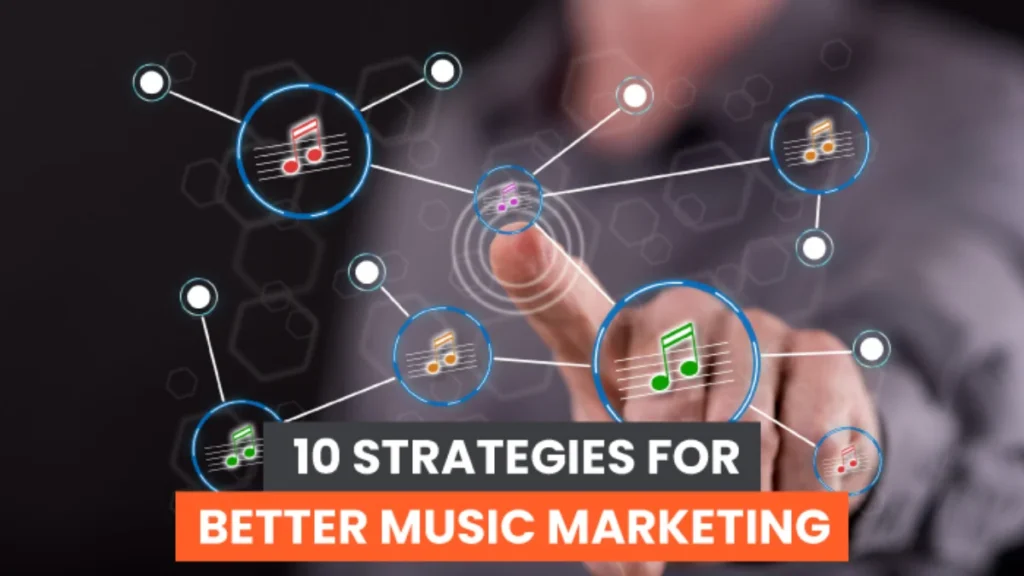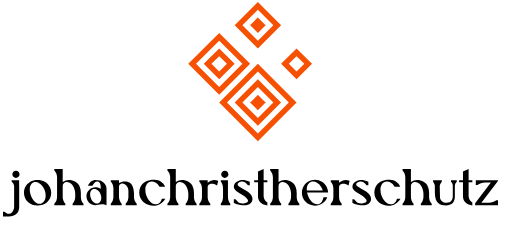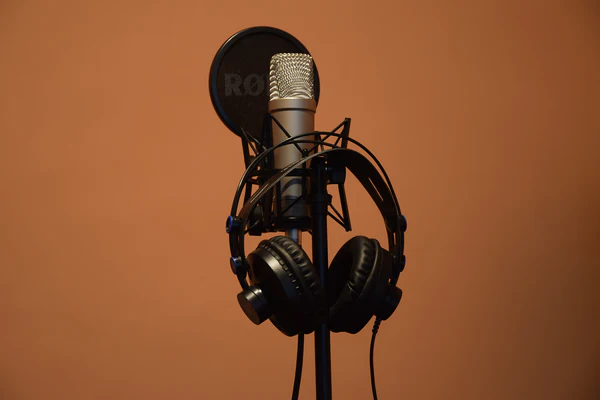Marketing Strategies for Independent Music Albums
In the fast-paced world of music, getting your album to the right audience can feel like a daunting task, especially for independent artists. Without the backing of a major label, the responsibility of marketing falls on your shoulders. However, with the right strategies, indie musicians can successfully promote their albums, build a loyal fanbase, and gain the attention they deserve. In this post, we’ll explore some of the most effective marketing strategies for independent music albums, focusing on both traditional and modern tactics that can help boost your visibility and sales.
1. Leverage the Power of Social Media
Social media is one of the most powerful tools for promoting an independent album. Platforms like Instagram, Twitter, Facebook, TikTok, and YouTube give artists direct access to their fanbase and potential new listeners. But with so much content being posted every day, it’s crucial to use these platforms strategically.
- Instagram and TikTok are particularly important for music promotion due to their focus on visual content and short-form videos. Posting behind-the-scenes footage, album teasers, and engaging with your followers through live streams or Q&A sessions can create anticipation and excitement around your album release.
- Twitter is great for building your personal brand, engaging in conversations about your music, and sharing updates. It’s also a place to interact with influencers and other musicians, which can lead to collaborative marketing efforts.
- Facebook is still valuable for connecting with your audience through album release events, targeted ads, and engaging content.
Tip: Be consistent with your posting schedule, engage with your followers regularly, and use relevant hashtags to expand your reach.
2. Build a Strong Email List
While social media is important, email marketing remains one of the most effective ways to directly connect with fans. Build an email list by offering exclusive content, early access to albums, or discounts on merchandise in exchange for subscribers’ email addresses.
You can use platforms like Mailchimp or ConvertKit to create visually appealing newsletters that announce album releases, share exclusive updates, and offer promotions. Email marketing provides a personalized connection with fans, allowing you to keep them informed and engaged with your music.
Tip: Send personalized emails to your fans, offering exclusive updates, discount codes, and sneak peeks of upcoming music. Make sure the content adds value and isn’t just promotional.

3. Collaborate with Influencers and Bloggers
One of the most powerful ways to expand your reach is by partnering with influencers or bloggers who resonate with your music. Reach out to music bloggers, YouTubers, and TikTok influencers who focus on indie music or your specific genre.
- Music blogs: Submitting your album for review or pitching a story to a blog can help introduce your music to a larger audience. Websites like Indie Shuffle, Hype Machine, and Earmilk can give you exposure to thousands of music fans who trust their recommendations.
- Influencers and content creators: Collaborating with influencers who align with your style can help you tap into their audience. For example, you might ask them to use your music in their posts, or you could even create a fun challenge related to your album on TikTok.
Tip: Look for influencers whose audience aligns with your target demographic. Offer them early access to your music, exclusive content, or a personalized shout-out to encourage collaboration.
4. Utilize Music Streaming Platforms and Playlists
In the digital age, streaming platforms like Spotify, Apple Music, YouTube Music, and Deezer are essential for music discovery. Getting your music on these platforms is a must, but it doesn’t stop there. You need to actively promote your music through playlists, collaborations, and platform features.
- Spotify Playlists: Getting your music featured on playlists can significantly boost your exposure. Submit your songs to Spotify’s editorial playlists via Spotify for Artists or use services like SubmitHub to reach independent curators who manage genre-specific playlists.
- Apple Music: Utilize Apple Music’s editorial features and social sharing options to get your album in front of more listeners. Apple Music also offers opportunities to pitch for placement in curated playlists.
- YouTube: YouTube isn’t just for music videos—it’s a platform for discovery. Release lyric videos, live performance recordings, or behind-the-scenes content to keep your audience engaged.
Tip: Be proactive about submitting your songs to playlists, both curated and user-generated, and maintain a presence on streaming platforms by regularly sharing updates and engaging with fans through streaming app features.
5. Host Virtual and In-Person Events
While the music industry has shifted significantly to the digital world, in-person and virtual events are still powerful tools for building fan relationships and promoting your album. Hosting a virtual album release party or a Q&A session on platforms like Zoom or Instagram Live can give fans a sense of connection and exclusivity.
- Live-streamed performances: In the wake of the COVID-19 pandemic, live-streaming has become a go-to for artists. It allows you to perform live to a global audience, regardless of location. Partner with streaming platforms like Twitch or YouTube Live to host a concert, Q&A, or album preview.
- In-person events: If possible, plan a tour or an album release show in your local area. Partner with venues and other artists to create an unforgettable experience.
Tip: Create a buzz by promoting these events well in advance and encouraging fans to spread the word. Offering exclusive content or early access to tickets for email subscribers can drive participation.
6. Create Merchandise to Supplement Your Album
Merchandise is an excellent way to supplement album sales and deepen your connection with fans. Offering limited edition merch (such as t-shirts, posters, vinyl, or signed memorabilia) tied to your album release can add an extra layer of excitement.
Consider partnering with online platforms like Bandcamp or Etsy to sell your merchandise directly to your fans. By providing high-quality, unique products, you’re not just promoting your music but also giving fans a tangible connection to your work.
Tip: Offer bundled packages, where fans can purchase both the album and exclusive merch at a discounted rate. You can also offer “album + merch” bundles as pre-order incentives to encourage early sales.
7. Press Coverage and Radio Play
Getting press coverage for your album is a great way to establish credibility and reach new listeners. Many indie artists often overlook the power of traditional media like magazines, newspapers, and radio stations.
- Radio Play: Reach out to college radio stations, local stations, and online music stations to get your album played. Services like SubmitHub can help you send your music to radio stations and music blogs.
- Press Coverage: Work on building relationships with music journalists and PR professionals who specialize in indie music. A well-crafted press release can catch the eye of journalists and publications, potentially leading to album features or interviews.
Tip: Craft a compelling press kit with bio information, high-quality photos, and links to your music. Use it to pitch your album to media outlets.
Conclusion
Marketing an independent music album can feel overwhelming, but with the right strategies in place, you can effectively promote your music, grow your fanbase, and ensure your album gets the attention it deserves. By leveraging social media, collaborating with influencers, submitting your music to playlists, and hosting events, indie artists can create a buzz around their albums that resonates with their target audience. Whether you’re just starting out or you’ve already established a fanbase, these marketing tips will help you build a lasting presence in the music world.



